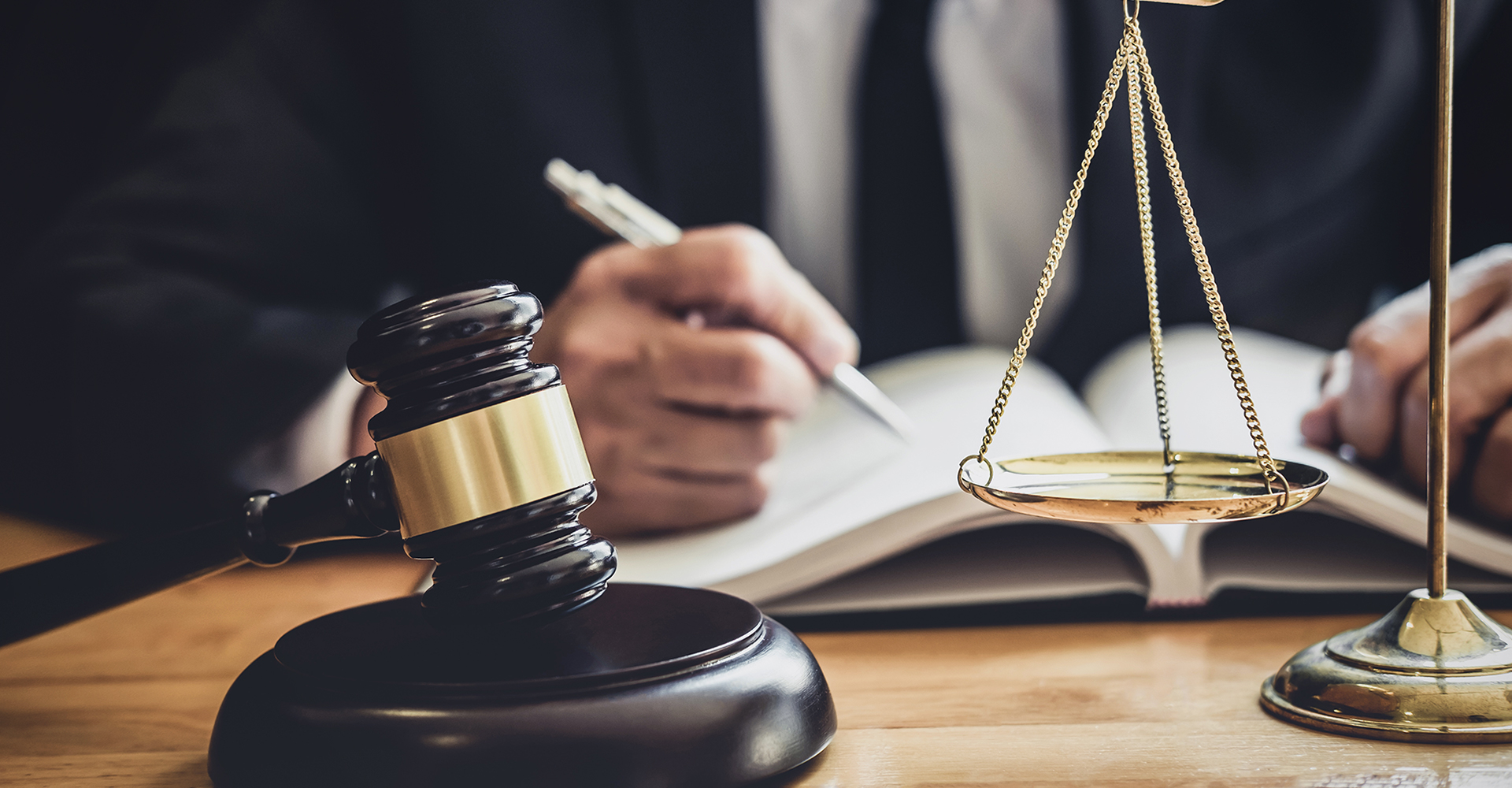Breathalyzer tests play a vital role in DUI cases, supplying police officials with a tool to measure a driver's blood alcohol concentration (BAC) quickly and properly. Comprehending the ins and outs of breathalyzer tests is necessary for both individuals facing impaired https://sack-tire.unicornplatform.page/blog/the-repercussions-of-impaired-driving-charges-in-toronto/?nocache=49838 driving charges and their legal representation. In this extensive guide, we will look into everything you require to learn about breathalyzer tests in DUI cases, from how they work to the potential defenses one can use. Whether you are searching for a DUI lawyer or merely inquiring about impaired driving laws, this article will provide you with valuable insights.
What You Need to Understand About Breathalyzer Tests in DUI Cases
When it pertains to breathalyzer tests in DUI cases, there are several key factors to consider. Let's explore each of them in detail:
1. The Performance of Breathalyzer Tests
Breathalyzer tests are created to measure the alcohol concentration in a person's breath by examining the chain reaction that takes place in between alcohol molecules and specific compounds within the gadget. This reaction produces an electrical current that is proportional to the quantity of alcohol present, allowing law enforcement authorities to identify a chauffeur's BAC.
2. The Accuracy of Breathalyzer Tests
One typical concern regarding breathalyzer tests is their accuracy. While these devices are normally trusted, certain factors can influence their readings. For example, mouthwash consisting of alcohol or current intake of particular foods or medications may result in incorrect positives. It is essential to talk to a knowledgeable DUI lawyer who comprehends the nuances related to breathalyzer test results.

3. The Legal Ramifications of Refusing a Breathalyzer Test
In many jurisdictions, refusing to submit to a breathalyzer test can have serious effects. While laws differ from one state to another, jurisdictions typically enforce charges such as automatic license suspension and increased fines for people who decline testing. Understanding your rights and the prospective ramifications of refusing a breathalyzer test is vital when facing DUI charges.
4. The Potential Defenses for Breathalyzer Test Results
If you have been charged with a DUI based on breathalyzer test results, several defenses may be readily available to challenge the precision or admissibility of the evidence. A skilled impaired driving lawyer can assist check out choices such as challenging the upkeep and calibration records of the breathalyzer device, questioning the certifications of the administering officer, or contesting the legality of the traffic stop itself.
5. The Role of an Impaired Driving Lawyer
Navigating DUI charges can be complicated, and having an educated impaired driving lawyer on your side is essential. Such lawyers specialize in protecting customers against impaired driving charges and have in-depth knowledge of breathalyzer tests, DUI laws, and potential defenses. Employing a credible DUI lawyer can significantly increase your chances of accomplishing a beneficial outcome.
6. Comprehending Impaired Driving Charges
Impaired driving charges incorporate various offenses associated with running an automobile while under the impact of alcohol or drugs. These charges might range from misdemeanors to felonies, depending upon aspects such as previous convictions, BAC level, and any resulting injuries or casualties. It is essential to understand the particular impaired driving charges you are dealing with to efficiently develop your defense strategy.
Frequently Asked Questions (Frequently Asked Questions)
Q: Just how much does a DUI lawyer cost? A: The expense of hiring a DUI lawyer can vary depending on several factors, including the complexity of your case, the attorney's experience and credibility, and your location. On average, expect to pay anywhere from $2,500 to $10,000 for legal representation in a DUI case.

Q: What are the different DUI charges? A: DUI charges can differ depending on jurisdiction, however common classifications consist of first-time offenses, repeat offenses, exacerbated DUI (involving injury or death), and DUI with a minor in the automobile. Each charge brings different charges and potential consequences.
Q: What should I do if I am charged with a DUI? A: If you are charged with a DUI, it is essential to speak with an impaired driving lawyer as soon as possible. They will direct you through the legal procedure, aid safeguard your rights, and work towards attaining the best possible outcome for your case.
Q: Can I be arrested for driving drunk without taking a breathalyzer test? A: Yes, police authorities can apprehend people suspected of driving under the impact based on other proof, such as observed problems, field sobriety tests, or witness statements. Nevertheless, breathalyzer test outcomes frequently act as important evidence in DUI cases.
Q: What is an extreme DUI charge? A: An extreme DUI charge generally refers to cases where an individual's BAC exceeds a particular limit set by state law. The particular BAC limit for extreme DUI charges varies by jurisdiction but is usually greater than the basic legal limit.
Q: What is an over 80 charge under the criminal code? A: In Canada, an "over 80" charge describes operating a motor vehicle with a blood alcohol concentration (BAC) going beyond 80 milligrams of alcohol per 100 milliliters of blood (0.08%). This offense is thought about a criminal offense under the Canadian Wrongdoer Code.
Conclusion
Breathalyzer tests are effective tools utilized in DUI cases to determine an individual's blood alcohol concentration properly. Understanding the performance of these gadgets, their precision limitations, and prospective defenses is vital when facing impaired driving charges. By seeking the assistance of a skilled DUI lawyer and familiarizing yourself with the complexities of breathalyzer tests, you can browse the legal process better and work towards accomplishing a favorable result in your case. Remember, when it pertains to breathalyzer tests in DUI cases, knowledge is power.